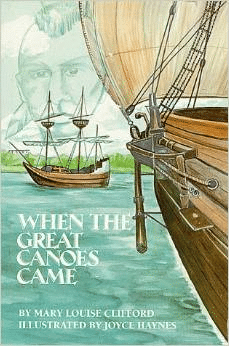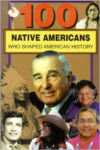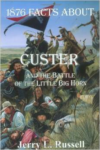Description
The heritage of the North American Indian tribes has always been passed down through storytelling as well as rituals ofdance and song. Few written histories today can recount the past as well as the tribal elders who once served as the historical, philosophical, and cultural educators of the entire community. Mary Louise Clifford’s When the Great Canoes Came recreates this lost practice for young readers as the setting for telling the history of the Virginian Indians following their first contact with European explorers at Jamestown.
The storyteller is Cockacoeske, the seventeenth leader of the Pamunkey Indians. A successor of the famed chief Powhatan, she was a strong force in maintaining peace between the natives of North America and the incomingcolonists from Europe. Her stories present the history of the region through a fictitious meeting between herself and the younger members of her tribe. Focusing most of its attention on Jamestown, the book is one of the first histories of the settlement from a non-European perspective. It will give children a sense of history that is lacking in most contemporary texts. From the struggles against colonization to the personal triumphs for peace, When the Great Canoes Came is exciting, nail-biting, and enlightening. Suitable as a supplementary text for American history classes or simply for the enjoyment of a good story, Cockacoeske’s adventurous tales will capture the imaginations of children.






Reviews
There are no reviews yet.